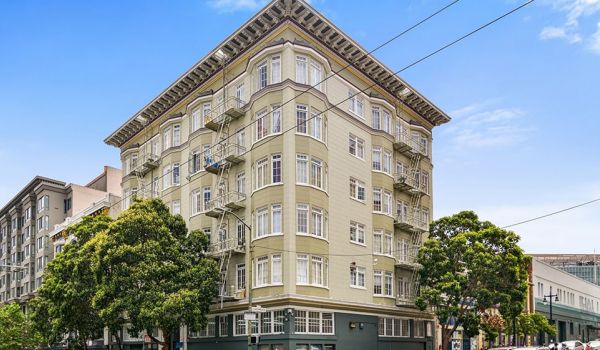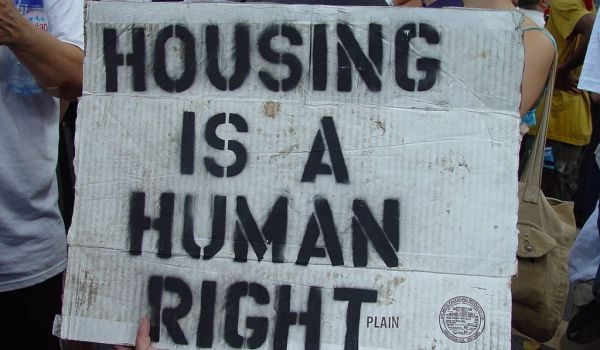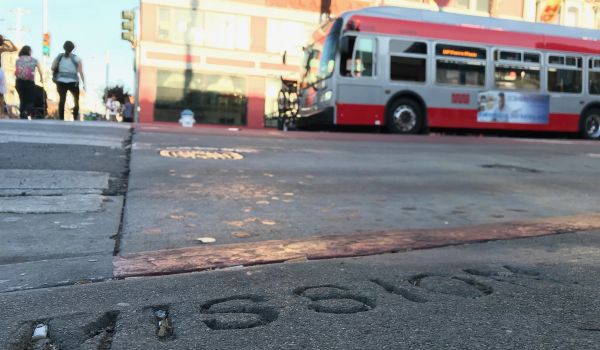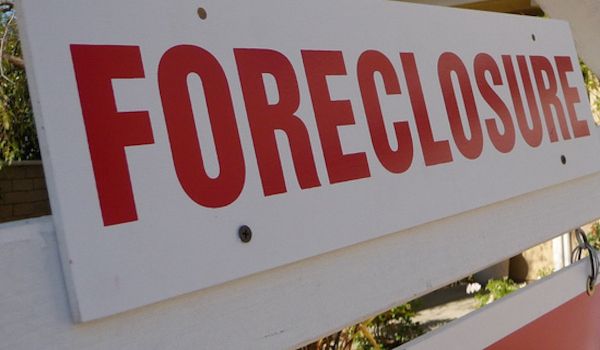In what was a contentious session, Charlotte City Council yesterday approved financing for 11 affordable housing projects, The Charlotte Observer reports. The debate, largely between the mayor and newer city council members, highlighted multiple tensions in affordable housing development.
On one dimension, there’s affordability. As the Observer reports, some newly elected members said the city isn’t doing enough for its poorest residents. That “drew a sharp rebuke” from Mayor Vi Lyles, who campaigned on affordable housing — Lyles believes the city should also build housing for people earning 60 percent of the area median income, which would be a salary of about $43,000 for a family of four. “I am beginning to wonder if we believe in upward mobility,” the Observer quoted Lyles saying.
That tension reflects debates going on in other parts of the country, where cities like NYC are getting headlines for top-line numbers of affordable housing units produced, but heavy criticism that the units produced aren’t affordable for those who need them most. One study clearly shows that the “affordable” units produced through city-subsidized financing under Mayor Bill De Blasio’s housing plan do not match up with the income levels of those who are “rent burdened” — spending more than 30 percent of their income on rent. While housing industry veterans rightly point out that affordable housing is in need across a variety of income levels, tenant advocates maintain that public dollars should be spent on those most in need.
On another dimension, there’s the location of affordable housing units, and the desire to break the historic pattern of concentrating them in existing low-income neighborhoods — a pattern the U.S. Supreme Court has declared at odds with the Fair Housing Act. In Dallas, the Department of Housing and Neighborhood Revitalization used a data-driven process to identify locations where the city should be building new affordable housing versus preserving existing affordable housing. But when it unveiled a housing plan based on that process, the city’s established network of neighborhood-based affordable housing developers felt left behind.
“The idea of the Fair Housing Act is to give people access to more upwardly mobile communities,” Raquel Favela, chief of economic development and neighborhood services for Dallas, told Next City’s Jared Brey. “And that’s exactly what this plan seeks to do.”
Back in Charlotte, the Observer reports that five of the eleven approved projects needed waivers from the city’s housing locational policy, which was designed to ensure subsidized housing was not clustered in poor areas. According to the Observer, council members in recent years have been usually willing to approve those waivers. None of the approved projects are in south Charlotte’s affluent “wedge,” where there is little subsidized housing — Council Member James Mitchell, a Democrat, said the city needs to revisit the waiver policy, the Observer reports.

Oscar is Next City's senior economic justice correspondent. He previously served as Next City’s editor from 2018-2019, and was a Next City Equitable Cities Fellow from 2015-2016. Since 2011, Oscar has covered community development finance, community banking, impact investing, economic development, housing and more for media outlets such as Shelterforce, B Magazine, Impact Alpha and Fast Company.
Follow Oscar .(JavaScript must be enabled to view this email address)


_920_614_600_350_80_s_c1.jpg)

_600_350_80_s_c1.JPG)











